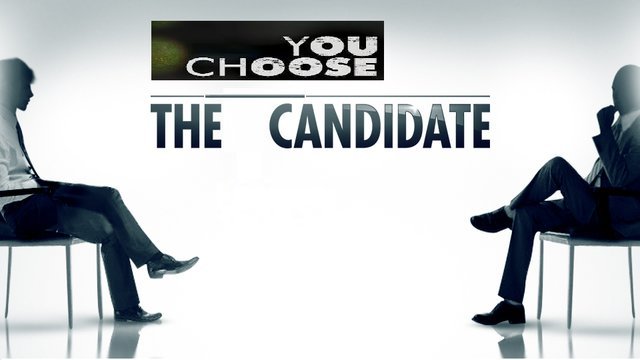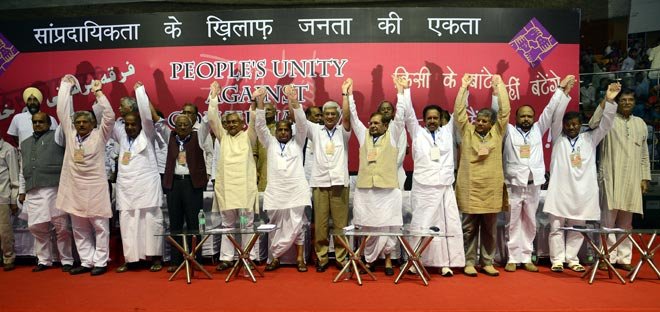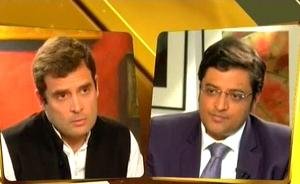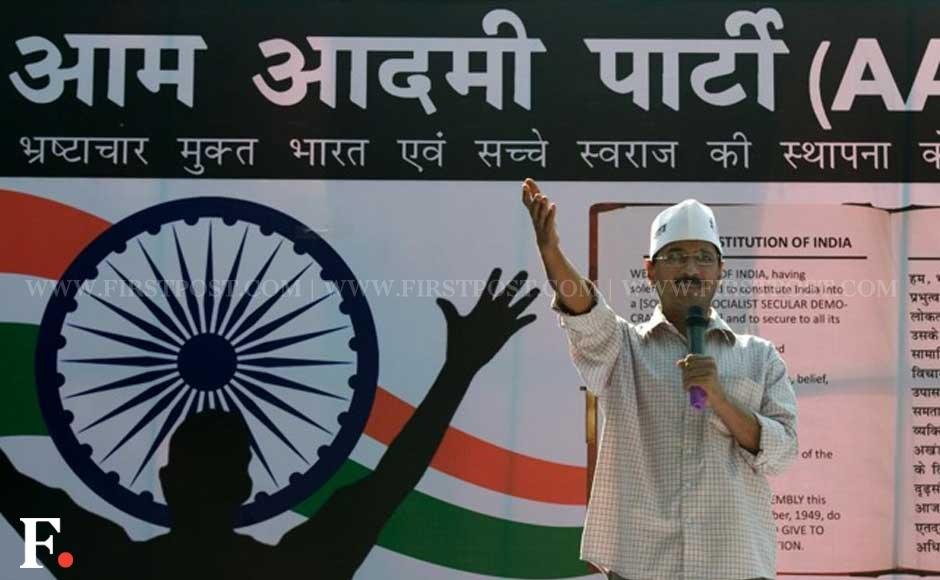Rahul Gandhi may not be the “smart” leader India is searching for. However, he should be credited for bringing one progressive concept into the foray of Indian Politics- the concept of Primaries. The Congress party’s decision to introduce primary elections to select Lok Sabha candidates seeks to empower party workers and open up new opportunities for advancement through the party, or at least show the Indian voter that they are trying to do so. The Lok Sabha candidates for 16 Lok Sabha Seats will be chosen by an electoral college, including present and former office-bearers from the block, panchayat, zilla and tehsil level, as well as members of party cells like the Youth Congress, NSUI, Mahila Congress, etc.
Strengthening party democracy and opening up the process through which candidates are selected should be a popular move, but international experience suggests that primary elections can have unexpected consequences for the quality of representation.
The Congress isn’t the first party to bring up primaries elections as a means to re-legitimise a “sinking ship”. The Spanish Socialist Party used the same concept of primary elections to choose its leader after the party’s reputation was tarnished in the 1990s, but when the party members selected an outsider, José Borrell, the establishment fought back and he was forced to resign before getting a chance to fight the general election.
In Mexico in 2000, when the once dominant Institutional Revolutionary Party was forced to respond to a democratic challenge, it turned to a presidential primary to present itself as a party open to new ideas and competition, just like the Congress is trying to. It was not enough to defeat the challenge of Vicente Fox of the Alliance for Change, maybe just like what is going to happen in 2014, when Narendra Modi may just edge out the Congress and its long list of allies.
In Britain, the Conservative party has adopted open primaries for selecting candidates in a small number of constituencies. Candidate selection becomes a media event, and raises the profile of candidates prior to the election. In a system where many seats are “safe”, it is seen as giving the public a real influence over who becomes a member of parliament. This can serve as a true means of representative democracy, when the people choose their candidates and then also see how those candidates shape up.
Though this may prove to be a means to connect the Parliament to the local voter, many problems come with this solution.
Decentralisation of the selection process may also make the overall slate of candidates less diverse. Politicians from minorities or women applicants may fall prey to the majoritarianism and lose out to those from dominant groups. Each constituency is focused on its own selection process, rather than thinking about how the overall selection process reflects the broader diversity of the party and the electorate.
Party primaries may also have an influence on the ideological coherence of a party programme, and the way that the elected candidates behave in the legislature. MPs and MLAs who are selected by a primary election may feel that they are responsible to the party members in their constituency who chose them rather than the party leadership. This may lead to divisions and also create hurdles for putting up a united front in the Parliament.
The fact that the Congress party organisation is not completely behind the idea of candidate selection through primaries is already evident.The scheme has already been scaled back from 25 to 16 constituencies, and the speedy reversal of the decision to use a primary in Kapil Sibal’s, a Congress stalwart, Chandni Chowk constituency is showing that the Congress does not want to compromise on the High Command culture completely.
It is a strange coincidence that the idea of primaries as an expression of popular will should have occurred to two top leaders of the two major national parties in India at around the same time. It seems that primaries is an idea whose time has come, as Prime Minister Manmohan Singh would have put it quoting Victor Hugo.
In the months and weeks before Narendra Modi was named BJP’s chief campaigner for Election 2014 at Goa in June 2013, an impatient leader of opposition in Rajya Sabha Arun Jaitley was concerned that the top brass was not reading the writing on the party wall. For Jaitley, the popular endorsement for Modi that was expressed in party fora was an instance of the political primary. For him, this was the democratic way for choosing a leader.
Jaitley wanted the primary because he felt that that is the only way to get a popular Modi to lead the party in the election. For him, the primary is primarily an instrument for choosing the man whom he considered to be the right man.
Gandhi’s desire for the primary seems to stem from an opposite motive to that of Jaitley. Gandhi wants to use this to expand the leadership base, to increase the bench strength of leaders. While Jaitley was looking to the primary to get one man in, Gandhi is looking to the primary to get many in.
The BJP is still attracted to the idea of the presidential elections, where two parties field their candidates and in the ensuing clash of personalities the stronger man would emerge. It is of course a momentary desire for the BJP. They know that Modi is the stronger man, and that he would outflank Gandhi.
It seems that the idea of the American president is creeping back into the political consciousness of some of the top players, and that the idea of the primary is a small beginning in that direction.
The Congress is looking for a leader and the BJP thinks it has one. Let’s see which 56 inch chest does the voter like. c








Leave A Comment